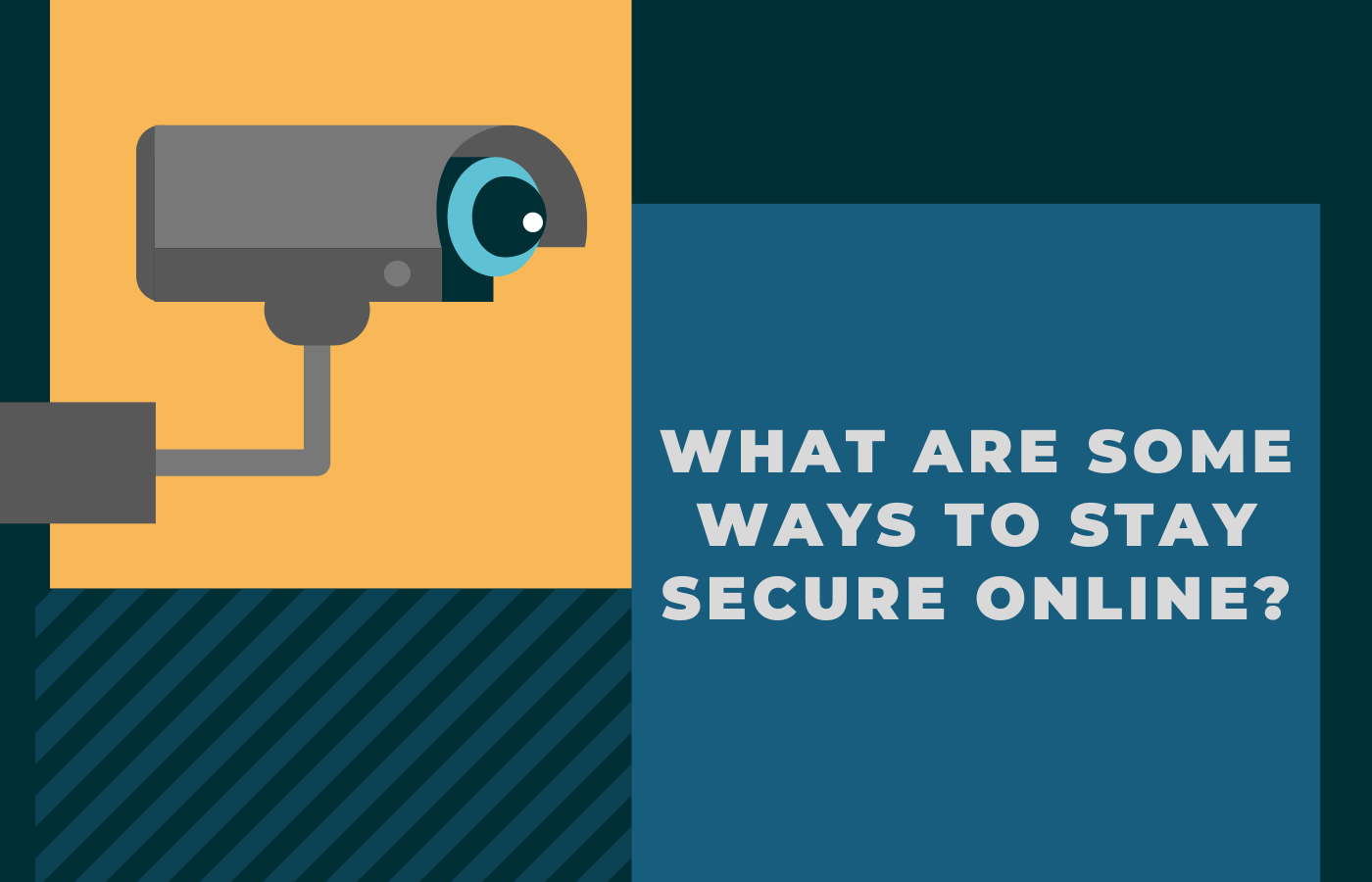With the increasing amount of personal and sensitive information being shared online, it’s more important than ever to take steps to protect yourself from potential security threats. Here are some tips and best practices for staying secure online:
Use strong and unique passwords:
One of the easiest ways to protect your online accounts is by using strong and unique passwords for each one. Avoid using easily guessable information, such as your name or birthdate, and consider using a password manager to generate and store complex passwords.
Keep your software and devices updated:
Software and device manufacturers often release updates to fix security vulnerabilities. By keeping your software and devices updated, you can ensure that any known vulnerabilities are patched and your information is protected.
Be cautious of suspicious emails and links:
Be wary of suspicious emails and links, especially those that ask for personal information or prompt you to download a file. Scammers often use phishing tactics to trick you into revealing sensitive information.
Use two-factor authentication:
Two-factor authentication adds an extra layer of security by requiring a second form of verification, such as a text message or phone call, in addition to your password.
Use a virtual private network (VPN):
A VPN encrypts your internet connection, making it more difficult for third-parties to intercept your data. This is particularly useful when using public Wi-Fi networks.
Be careful with personal information:
Be mindful of the personal information that you share online. Social media is a great way to stay connected, but be sure to adjust your privacy settings to limit the information that is shared with others.
Use anti-virus software:
Anti-virus software can help to protect your device from malware and other malicious software. Make sure to keep your anti-virus software updated and run regular scans.
Back up your data:
Regularly back up your data to an external source, such as an external hard drive or cloud storage service. This will ensure that your information is safe in the event of a security breach or device failure.
By following these tips and best practices, you can help to protect yourself and your information from potential security threats. It’s important to be aware of the risks and to take proactive steps to stay secure online.

